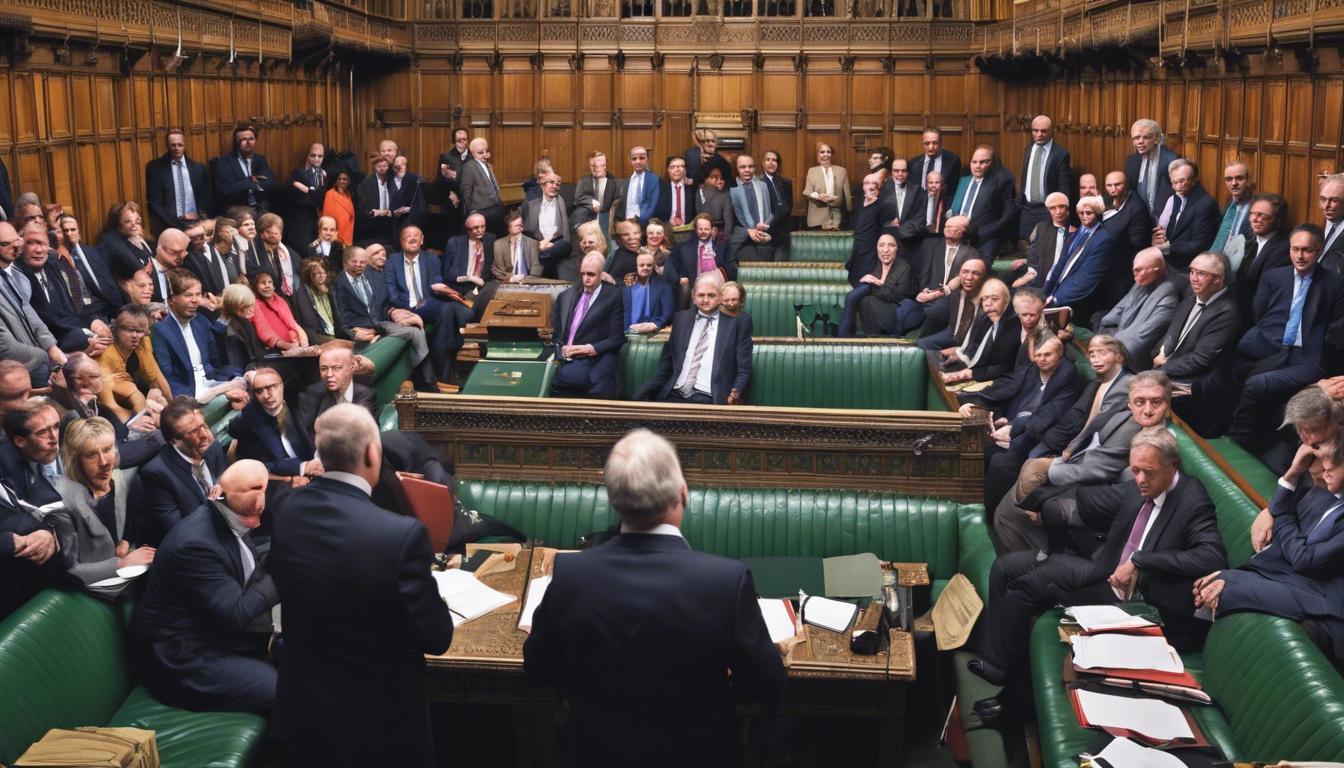The Renters Reform Bill, aimed at modifying tenant rights, has faced backlash from tenants and lawmakers alike for not fully delivering on its promises, as it now heads to the House of Lords.
The UK’s House of Commons recently passed the Renters Reform Bill at its third reading, though the final version has evoked disappointment among tenants due to perceived watering down of original aims, such as the full abolition of Section 21 no-fault evictions. The National Residential Landlords Association has endorsed the current version, terming it a “fair deal”, while tenant advocacy groups and housing charities have criticized its diluted provisions.
The initial proposals sought to end Section 21 evictions and enhance tenant rights. However, these elements were significantly weakened during the legislative process. Labour has responded with a promise to nationalise the UK’s rail network within five years if elected, in an initiative portraying itself as a significant reform for the transportation sector.
The bill’s passage saw contentious debate in the Commons, with concerns over delayed application of the no-fault eviction ban until judicial reforms to offer landlords greater security are in place. Jacob Young, the Under Secretary of State for Housing, stated the bill’s aim to balance the interests of landlords and tenants, a claim disputed by Green MP Caroline Lucas and various campaigners who argue that the changes only nominally abolish Section 21 without substantial tenant protection improvements.
As the bill now proceeds to the House of Lords, the effectiveness and timing of the envisaged reforms remain uncertain amidst ongoing concerns over rising eviction rates and the broader housing crisis in regions like London. Critics, including Conservative MP Natalie Elphicke, voiced apprehensions that the bill might not only fail tenants but also contradict the Conservative Party’s prior manifesto commitments on tenant security.













